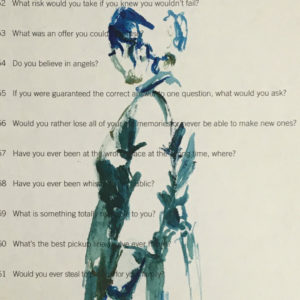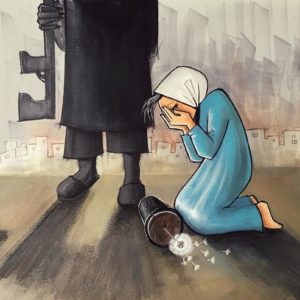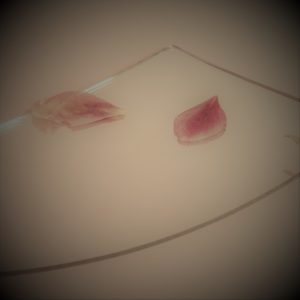

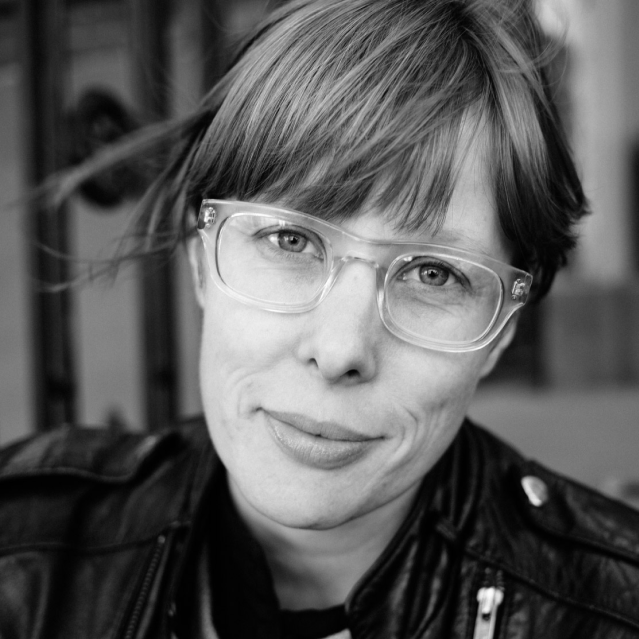
Letter from the Editor
July, 2021
Great Barrington, MA
“The world is vast and wild,” the narrator in “The Snail” reminds us in this strange, delightful story, originally written in 1931 by Zareh Vorpuni and translated from the Western Armenian for Speak #6 by Garen Torikian. Vorpuni was born in 1902 and raised in the Ottoman town of Ordu, along the Black Sea, until the 1915 genocide saw the murder of Vorpuni’s father and sparked several years of displacement and struggle before he landed in France, where he lived and wrote until his death in 1980. Against this backdrop of violence and upheaval, Vorpuni’s narrator, who is both haunted by and empathic toward snails, exhibits a fixation at once bewildering and yet wholly human. “The snail’s body is an illusion; even if we could witness the miracle of it leaving its shell, it would only be for an instant,” the narrator later observes.
Both of these lines resonate with me as reflective of the work included in Speak #6. So much of what we attempt to glimpse or expose, as readers, writers, and translators, remains if not quite an illusion, then still elusive and vulnerable. The experiences or insights we strive to capture or create often appear, like a snail, to have more of a form than they often retain. And yet, precisely because the world is vast and wild, that slipperiness, that softness, combined with the ability to create a form, which, in turn, creates a shelter, remains a wonder.
In addition to Vorpuni’s fiction, Speak #6 also provides an insightful essay by Anindya Sekhar Purakayastha, which contextualizes his original translation of a collection of poems by Nabarun Bhattacharya (1948 – 2014), who was part of a radical, creatively brilliant group of mid-20th century Bengali writers known as the Kallol poets. We also have, from writer Saikat Majumdar, an illuminating celebration of the acclaimed filmmaker and writer Satyajit Ray, in this centenary year of his birth, as well as Ray’s father and grandfather, providing a captivating portrait of an astonishing lineage. From poet and visual artist Leah Souffrant, we see how images and text—blurred, hazy, luminous—also create something elusive and evocative, more than an illusion but never static. Finally, we have an essay from Lebanese-American writer Ghinwa Jawhari, whose account of growing up in the American Midwest reminds us, too, that identity, like the world, is vast, impacted by external forces and reactions, but not defined by them.
I originally connected with Speak’s founding editor Chandra Ganguly through social media. I was living in Kolkata at the time and our shared love for the pink and yellow houses, the drying saris over the parapets, the leaded windowpanes, the lyric ironwork, and the narrow, winding lanes of South Kolkata sparked a friendship. Though I am now in the U.S. while Chandra is in London, we are still separated by an ocean, and we have never met in person.
And yet, in working together on this issue, we have found in one another a remarkable number of similarities. We are the same age, as are our youngest daughters. We have both raised children in different countries and in blended families. We both experienced itinerant childhoods, though I moved mostly around the same county in Northeastern Ohio while Chandra’s family moved around the world. But the thing we most have in common remains our evasive relationship with the notion of ‘home,’ our struggles to both feel a sense of belonging for ourselves and to provide one for our children. It is no surprise at all, then, that we have turned this lack of a hometown landscape or national pride to, instead, a sanctuary within stories. Though we initially connected over our love of houses – no doubt sparked by a not insignificant yearning to be at home in one of those Ballygunge or Jodhpur Park villas - we have made our homes in the world of letters. In the lyric ironwork of poetry and the drying saris of unfurling essays. In the late afternoon shade of a novel. In our connections to one another and to readers like you.
As the risk, the uncertainty, and the grief of the Covid-19 pandemic, the climate crisis, and the ongoing racial and economic injustices continue to rage, I hope you, too, find this sense of refuge within the work of Speak #6. From Kolkata to Cleveland, the world remains vast and wild. Even or especially without going outside. Even or especially within literature. Even or especially within a snail shell.
Thanks for reading.
Yours,
Liesl

Liesl Schwabe’s essays have appeared in the New York Times, the Washington Post, The Los Angeles Review of Books, Words Without Borders, Creative Nonfiction, and The Rumpus, among other anthologies and publications. She served as a 2018-19 Fulbright-Nehru Scholar in [...]


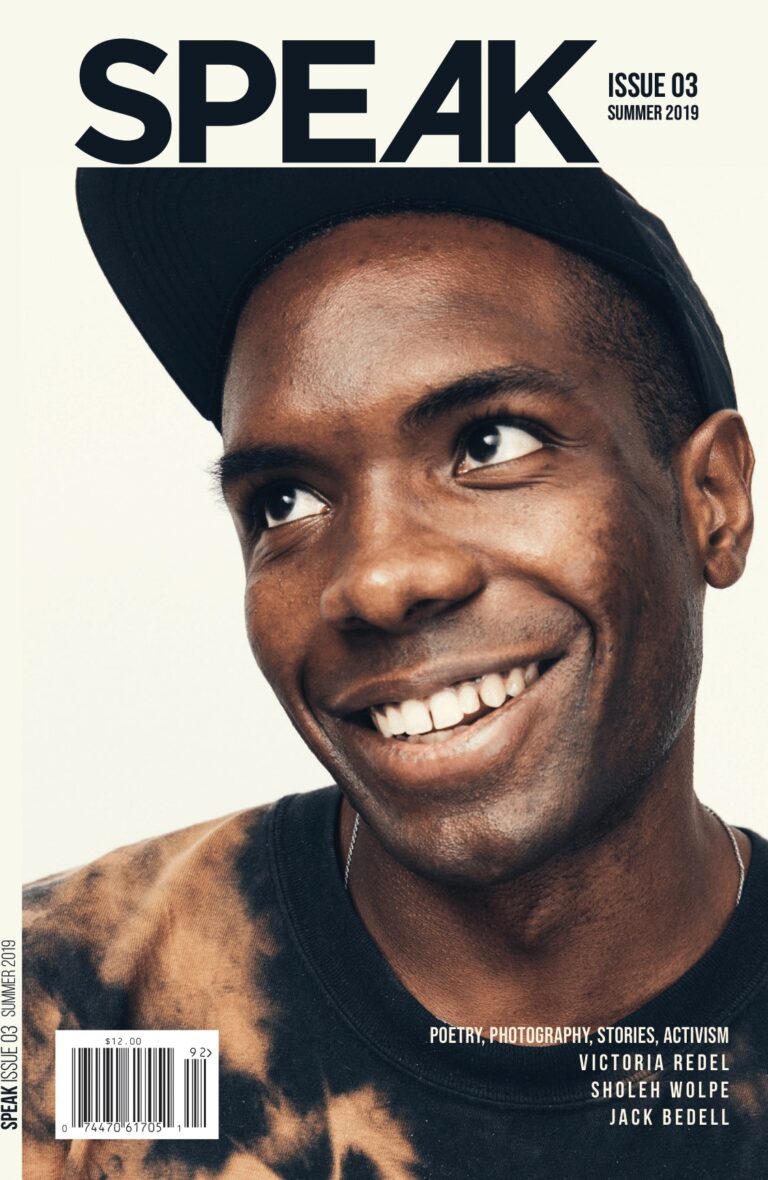

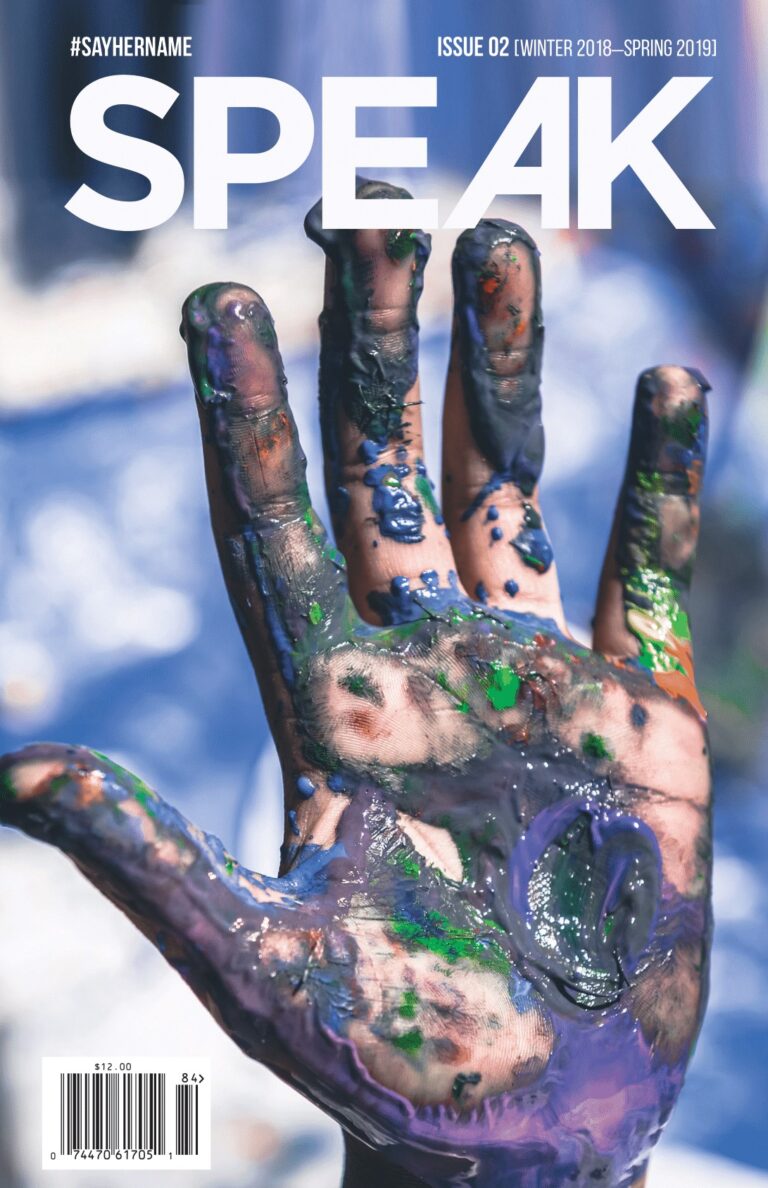

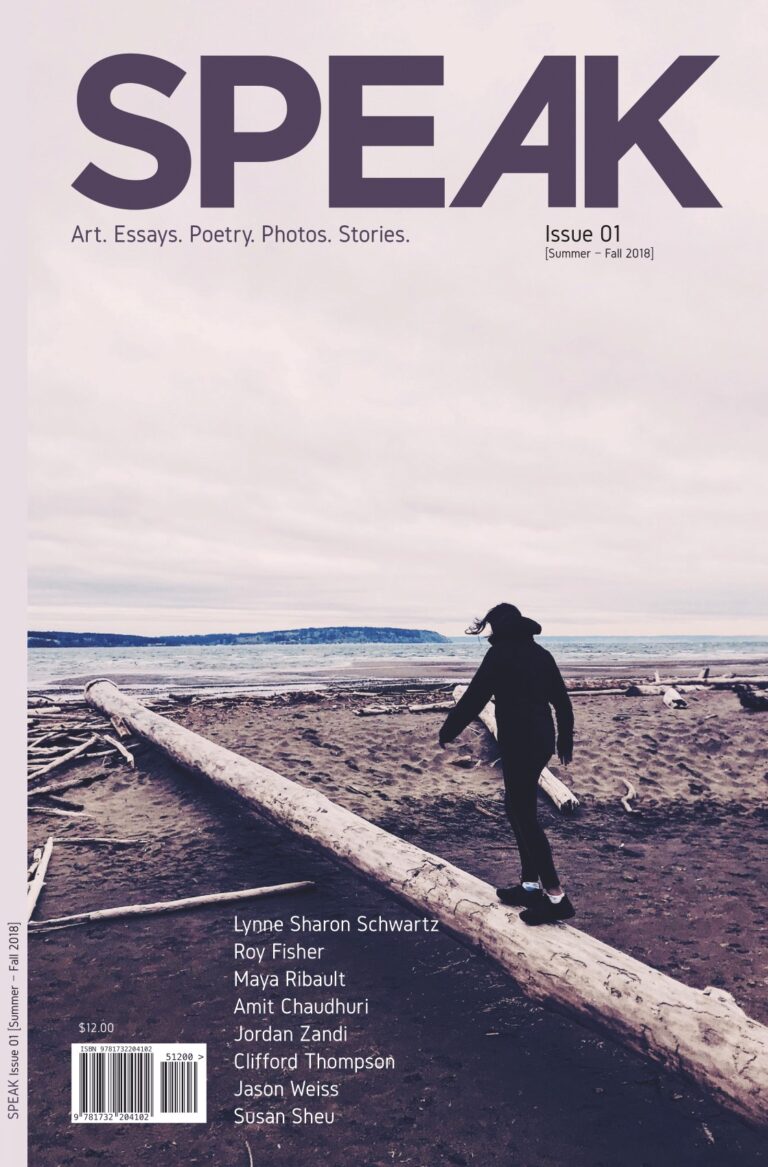


We only ship in UK, USA and Canada.
For deliveries in other locations please write to us at: editor@speakthemag.com
